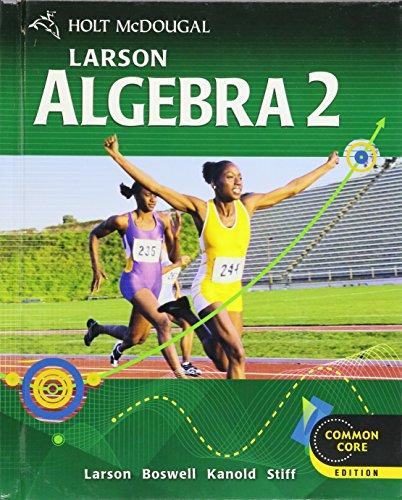Question
one who has been outdoors on a summer evening has probably heard crickets. Did you know that it is possible to use the cricket as
one who has been outdoors on a summer evening has probably heard crickets. Did you know that it is possible to use the cricket as a thermometer? Crickets tend to chirp more frequently as temperatures increase. This phenomenon was studied in detail by George W. Pierce, a physics professor at Harvard. In the following data,xis a random variable representing chirps per second andyis a random variable representing temperature (F).x20.315.320.817.917.315.514.717.1y89.471.892.983.181.475.269.782.0
x15.416.215.017.216.017.014.4y69.483.379.682.680.683.576.3Complete parts (a) through (e), givenx=250.1,y=1200.8,x2=4220.07,y2=96,751.18,xy=20,174.54,andr0.867.(a) Draw a scatter diagram displaying the data.
Selection Tool
Line
Ray
Segment
Circle
Vertical Parabola
Horizontal Parabola
Point
No Solution
Help
1
2
3
4
5
6
7
8
9
10
11
12
13
14
15
16
17
18
19
20
21
22
5
10
15
20
25
30
35
40
45
50
55
60
65
70
75
80
85
90
95
100
Clear Graph
Delete Layer
Fill
WebAssign Graphing Tool
Graph Layers
Toggle Open/Closed
- Point 1
- Remove This Layer
- Point 2
- Remove This Layer
- Point 3
- Remove This Layer
- Point 4
- Remove This Layer
- Point 5
- Remove This Layer
- Point 6
- Remove This Layer
- Point 7
- Remove This Layer
- Point 8
- Remove This Layer
- Point 9
- Remove This Layer
- Point 10
- Remove This Layer
- Point 11
- Remove This Layer
- Point 12
- Remove This Layer
- Point 13
- Remove This Layer
- Point 14
- Remove This Layer
- Point 15
- Remove This Layer
- Point 16
- Remove This Layer
- Point 17
- Remove This Layer
- Point 18
- Remove This Layer
- Point 19
- Remove This Layer
- Point 20
- Remove This Layer
- Point 21
- Remove This Layer
Submission Data
(b) Verify the given sumsx,y,x2,y2,xy, and the value of the sample correlation coefficientr. (Round your value forrto three decimal places.)x=
y=
x2=
y2=
xy=
r=
(c) Findx, andy. Then find the equation of the least-squares line=a+bx. (Round your answers forxandyto two decimal places. Round your answers foraandbto three decimal places.)x=
y=
=+x
(d) Graph the least-squares line. Be sure to plot the point (x,y) as a point on the line.
(e) Find the value of the coefficient of determinationr2. What percentage of the variation inycan beexplainedby the corresponding variation inxand the least-squares line? What percentage isunexplained? (Round your answer forr2to three decimal places. Round your answers for the percentages to one decimal place.)r2=
explained%unexplained%
(f) What is the predicted temperature whenx=18.2chirps per second? (Round your answer to two decimal places.)
F
Step by Step Solution
There are 3 Steps involved in it
Step: 1

Get Instant Access to Expert-Tailored Solutions
See step-by-step solutions with expert insights and AI powered tools for academic success
Step: 2

Step: 3

Ace Your Homework with AI
Get the answers you need in no time with our AI-driven, step-by-step assistance
Get Started


